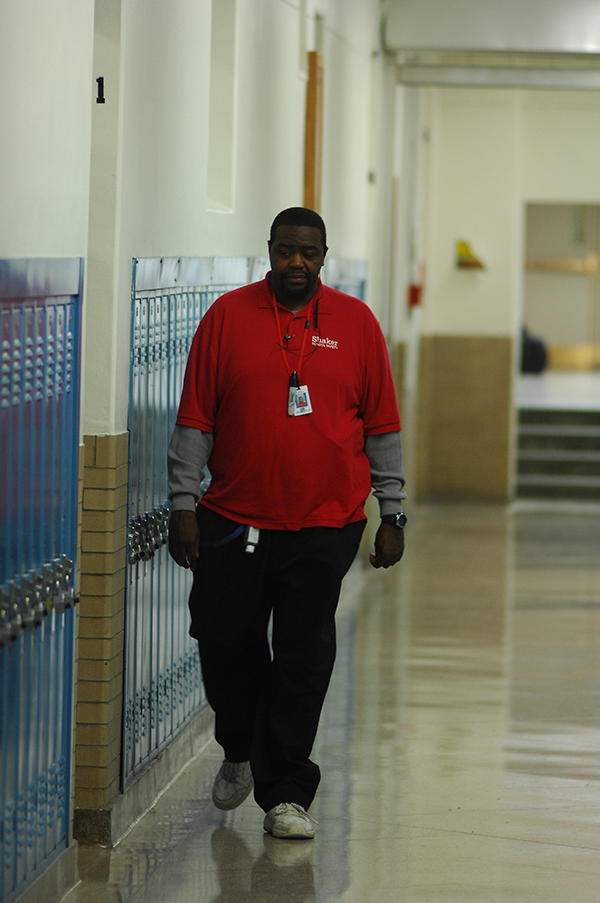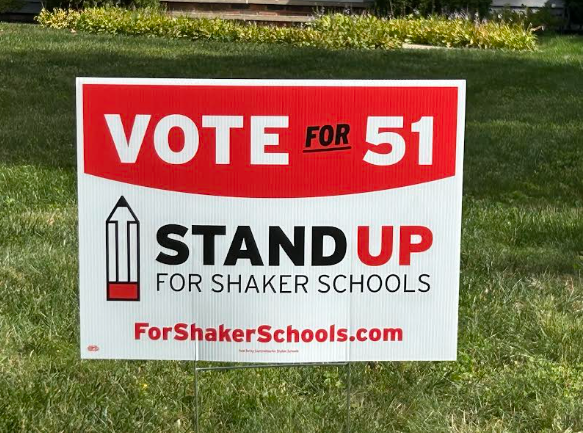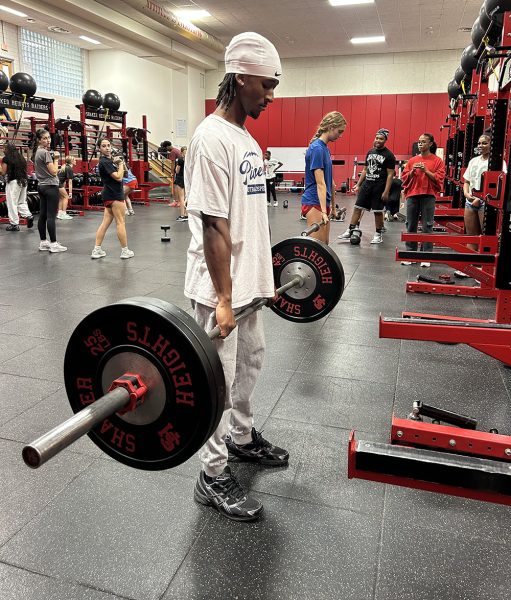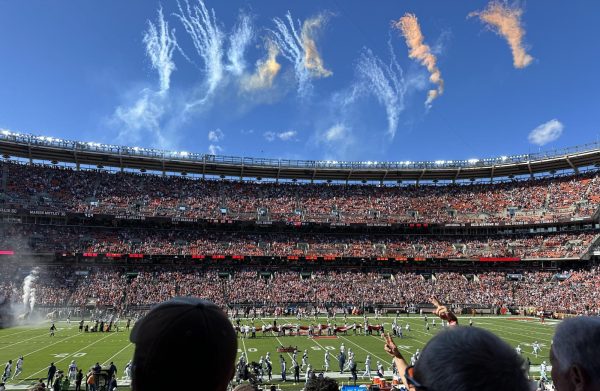Taking a Stand for our Security Guards
New policy making security guards stand could prove counterproductive
A security guard walks past Room 131 Nov. 13.
A fight breaks out between 9th and 10th period. Two students push each other around, shouting obscenities at each other, hidden by the growing crowd encircling them. A nearby security guard notices the trouble, pushes through the crowd and separates the two students. Though tensions remain between the two students, no one is seriously hurt. This fight was a one-off.
But change the situation slightly. Instead of being well-rested and strong enough to pull the students away from each other, the security guard is tired. He or she has been standing for seven hours at this point, walking around the school with only a 15-minute morning break and a 30-minute lunch break so far. The security guard breaks through the crowd of raucous students, but he or she can’t separate the fighting students fast enough. One of them lands a blow that makes the fight much more serious than it would have been otherwise.
That is why I think making our security guards stand all day is wrong. Actually, scratch that: I have many more reasons.
As part of the high school’s new security rules, which were hastened into effect after an assault on campus Sept. 10, our security guards had their chairs taken away. Besides a 15-minute break in the morning and in the afternoon, as well a half-hour lunch break, they must stand for the entire school day.
The goal of this new policy is for the security guards to exercise more vigilance; for them to walk around the school during their shifts, thereby covering more ground and preventing serious incidents from occurring. The decision was made for Shaker students’ best interests. However, I believe this policy wrongs everyone in the high school: students, teachers and, of course, the security guards themselves.
As I already presented, tiring the security guards does not increase their effectiveness. No one works at optimal efficiency when tired; I don’t, you don’t, and the security guards don’t. When something bad happens, it may be harder for the security guards to respond accordingly.
“It seems kind of pointless,” freshman Sarah White said of the policy. “It seems mostly like it’s just inconveniencing them [the security guards] and it’s not helping anyone.”
White added, “It must be really tiring. My back is already sore from fencing and walking home with a backpack; I would be tired if I had to stand for that long.”
And security guards are older than we students. Some security guards might suffer certain illnesses, too. For many of those diseases — cardiovascular diseases, for one, or diabetes, to name two out of many — exercise can be extremely beneficial towards increased health. However, according to such institutes as the American College of Sports Medicine and the National Institute of Health, exercise must be undertaken in moderation. If people with certain diseases overdo physical activity, they could suffer lifelong, potentially fatal consequences. Walking alone may not sound like so strenuous at first, but walking or standing for eight hours with just three short breaks is another matter entirely.
Unfortunately, Shaker’s new policy is not atypical. Security guards at Lakewood Schools stand during the day as well; the same is true in many other schools. The policy is not, after all, without its benefits. However, I think it is too extreme. I believe security guards should be more mobile than they were previously, but not that they should be mobile constantly.
In my opinion, all security guards should get a five minute break every period to rest their legs. This easy change would keep security guards active without pushing against their physical limits.
Michael Gale, the district’s safety and security supervisor, refers all interviews to Peggy Caldwell, Shaker’s director of communications. Caldwell said she does not have the authority to judge whether a compromise in the new policy is possible. However, she said, “I think that by having the security monitors walking around the building, we get much better supervision than if they were stationary.
“I do think it [security] has been a concern for a long time,” Caldwell added, “that maybe the coverage wasn’t as good as it needed to be.”
That may very well be true, and I understand the Shaker administration’s desire to increase security at the high school. In fact, I support that goal. However, I don’t think this is the way to go. It’s not fair for anyone.




